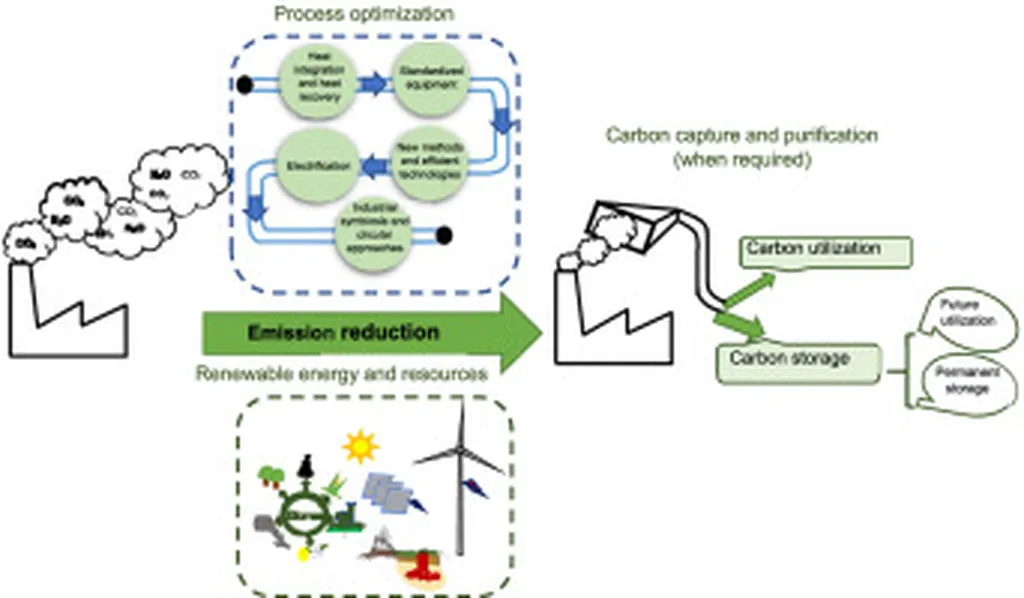In a groundbreaking study published in the journal *Energies*, researchers have uncovered the intricate motivations driving industrial companies to decarbonise. Led by Stefan M. Buettner of the EEP—Institute for Energy Efficiency in Production at the University of Stuttgart, the research combines qualitative insights from a leading automotive supplier with quantitative data from over 800 manufacturing companies in Germany. The findings reveal that internal economic logic, rather than external pressures, is the strongest trigger for ambitious decarbonisation efforts.
The study distinguishes between internal motivators—such as risk reduction, future-proofing, and competitive positioning—and external drivers like regulation, supply chain pressure, and investor expectations. “Companies act more ambitiously when decarbonisation aligns with their strategic interests,” Buettner explains. “Positive motivators outperform external drivers in both influence and impact on ambition levels.”
For instance, long-term cost risks were rated more relevant than reputational gains or regulatory compliance. This suggests that companies are more likely to invest in decarbonisation technologies and practices when they see a clear economic benefit. The analysis also reveals how company size, energy intensity, and supply chain position shape motivation patterns, providing valuable insights for policymakers and business leaders alike.
The findings suggest a new framing for climate policy: rather than relying solely on mandates, policies should strengthen intrinsic motivators. “Aligning business interests with societal goals is not only possible—it is a pathway to more ambitious, resilient, and timely decarbonisation,” Buettner notes. By turning external pressure into internal logic, companies can move from compliance to leadership in the climate transition.
This research has significant implications for the energy sector. As companies increasingly prioritise decarbonisation for strategic and economic reasons, the demand for innovative energy solutions is likely to grow. This could accelerate the development and adoption of renewable energy technologies, energy efficiency measures, and carbon capture and storage solutions.
Moreover, the study highlights the importance of tailoring decarbonisation strategies to the specific needs and contexts of different companies. For example, smaller companies may require more support to overcome financial and technical barriers, while larger companies may be more responsive to market signals and investor expectations.
In conclusion, this research provides a compelling case for a more nuanced and strategic approach to industrial decarbonisation. By understanding and leveraging the internal motivations of companies, policymakers and business leaders can drive more ambitious and effective climate action. As the energy sector continues to evolve, these insights will be invaluable in shaping a more sustainable and resilient future.

